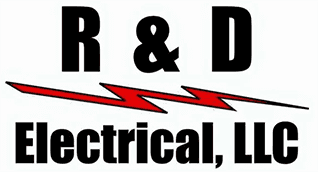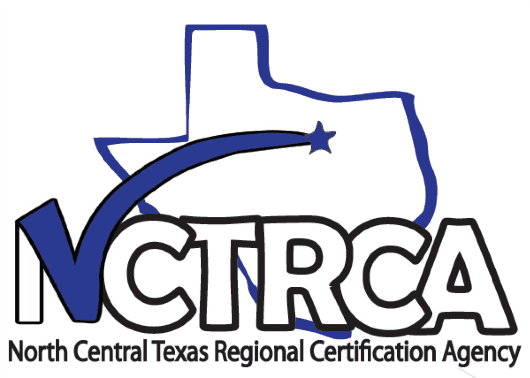
There are few things that are more disruptive to a business than the power going out. Whether your business relies on computers alone or complex machinery, it cannot operate without power. In areas where power failures, blackout or brownouts are common, or where equipment uptime is critical, that means that you need a backup plan. The two primary options are a backup generator or a UPS system. Here are the pros and cons of each.
Pros and Cons of Backup Generators
Backup generators use propane, gasoline or diesel to generate power, and they are available in a range of sizes, from small portable units that can power one or two items, to large, wired in versions that can power an entire factory or warehouse. Smaller units are relatively easy to come by, and simple to operate, while larger generators can take time to arrive from a manufacturer, and will definitely require professional installation.
The downside to generators, aside from their fuel requirements, is that there is a lag between the power going off and the generator starting up. That lag can be as much as thirty seconds, down to a hospital grade unit that transfers power in 10 seconds or less, depending on the size and configuration of the generator unit. Generators can also be noisy, give off fumes, and while they are usually fairly simple machines, you will still have to have a contractor inspect them from time to time, and set up a maintenance and run schedule to keep it reliable.
The Pros and Cons of UPS Systems
UPS systems, also known as Uninterruptible Power Supplies, are essentially very sophisticated batteries that are installed as an element of your power system. While the power is on, they charge on the current flowing through them, building up a store of power, and when the power goes out, they continue supplying power from the backup they have built up.
There is no lag or delay with UPS systems, which makes them great for critical installations where power must be stable at all times. They are also available in a variety of sizes and types, including small personal UPS systems, which can be used to ensure that computer systems remain on long enough to shut down safely (well worth the investment for any business) to rack mount or full battery room units that can power your whole building.
UPS systems tend to be expensive, and they get more expensive the longer the battery back-up time provided. Because they are based on batteries, they can also be trickier to maintain and service
A Hybrid of Both
If you are looking for an option to give you the best of both worlds, you could design your backup power supply to power critical systems using UPS power, while other elements of your business run off a backup generator. There are many possibilities, and if you are concerned about power quality and backup power, it’s a good idea to discuss your needs with an electrical contractor like R&D Electrical, who can advise you about your options. You may even decide to install solar or wind power, or to use some other method to power just the elements of your business that cannot be interrupted. Call R&D Electrical at (817) 541-7550 to get more information on if a Generator or a UPS is right for you.
With leadership that has more than 50 combined years of experience in the industry, it’s easy to see why R&D Electrical, LLC is one of the Dallas and Fort Worth area’s leading providers of electrical services.




